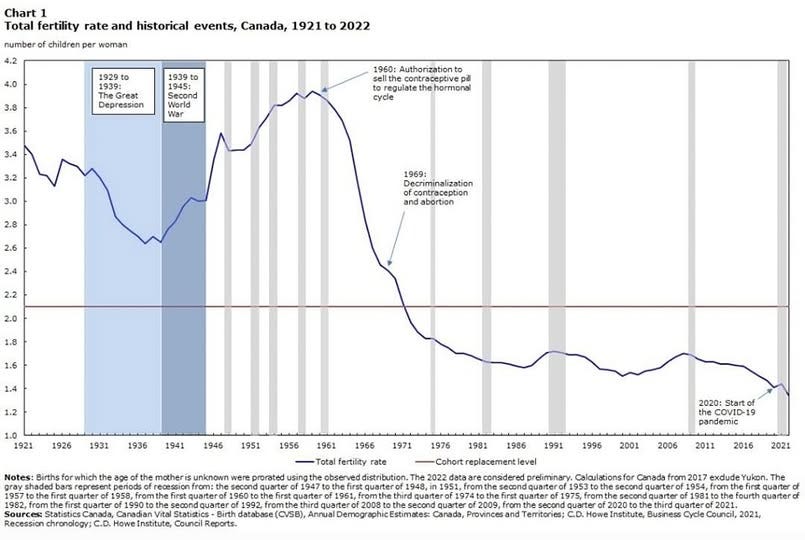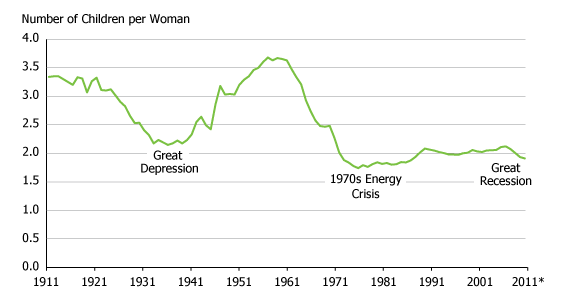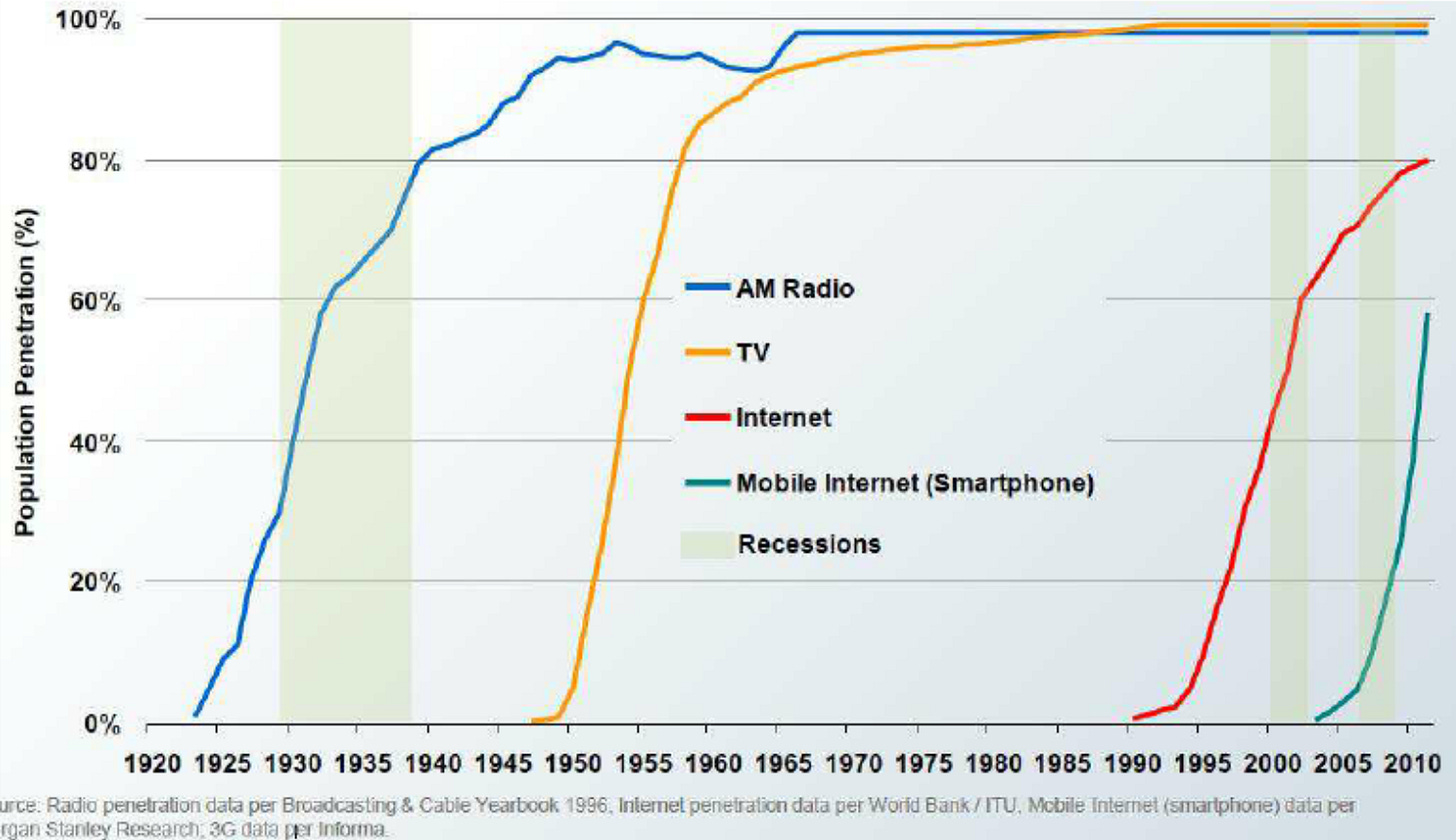Social Anhedonia and the Cultural Poison of the 1960s
Why the Fourth Turning is only now rounding 3rd base
The Howe/Strauss generational theory often faces challenges for its own “esotericism”. Its typification of generations as archetypal and running off emotional contrasts to one another can leave something to be desired for more technically-hired students of history, but those same students should know that mysticism can not only cloud truth - it can also reveal it.
This is why the Baby Boomer cohort, as the typical rebel generation, plays so well within the generational system. Their parents suffered that last “Fourth Turning” and built strong institutions and social bonds as a result. These bonds grew so strong that the Boomers sought to simply break away and create their own, at any cost if they had to.
This spawned a subsequent “live and let live” attitude, inveterate pleasure-seeking, a desire for self-gratification and “peace and love for all” in placed of the perceived authoritarianism of their parents’ generation. As perceived and as real as it may have simultaneously been, that authoritarianism served a purpose in its time, and now we are witnessing a return to the desire for strong authority that resembles a more classical value-set which hasn’t predominated culture since the 1950s.
Incidentally, this desire for authority is also coalescing around the restoration of institutions which were spiritually discarded by the Baby Boomers - faith, nuclear family, restriction of hedonism - and which in their discarding, have led to a declining economic situation, standard of living, and deterioration in the differentiating characteristics of “Western Culture” which seem to have made it successful in the past.
Marx, Mises, Primitive Accumulation
Forgive me for a moment if I indulge in a return to a central principle of this publication, but here it is: society is based first and foremost in the accumulation of surplus, typically generated through hard work, discipline, and thinking of the future. As time goes on, multiple parties able to generate and defend these surpluses form markets between one another (you have extra honey, I have extra meat, let’s trade).
Privatization, enclosure, monopoly and the other components of capitalism (and socialist-led state capitalism) proceeds to an evolution of this surplus in that it is predictable, and with industrialization, predictable at such a scale that we can begin to forget the hard work, discipline and forward-thinking which is required to produce surplus in the first place.
But in lieu of that, Baby Boomers worked up a sweat all the way up to Woodstock, and then the best of them went to work on Madison Avenue (or Chiat-Day on the West Coast).
This opting, into the hedonism of the 70s - liberal drug use, drinking in front of your children, buying all the latest appliances and household goods not because you would use them but because it would please you - these attitudes and patterns persist through to today in the Boomer generation but have also been inherited by the young, who now throw it off. This could be with minimalism, reactionary Catholicism, or almost any of the modern ideologies that proliferate in between those today.
Birth Rates, Birth Control and Television
Baby Boomers get a lot of heat these days, but they shouldn’t be ragged-on - sorry for the beat vernacular, but it fits, doesn’t it? Boomers are a pivotal generation, for well and for ill, and while in many ways they ate the seed-corn for the future success of the once-developed world (and continue to devour it as possible today), they didn’t make life “all bad”.
What we can better consider of Boomers is that they were perhaps a victim of circumstance. The ethics of Boomerism, which in many ways simply embodies living for the moment - an admirable quality in most circumstances - was incubated in an era of new technologies, including birth control, advances in hyper-stimulating mass media (the… the… the BEATLES!!) and color television. If you were a teenager in the 1960s, you should be right to think that the good times would simply roll forever.
Consulting the charts below, this would validate some aspect of the theory in precedence: the expansion of free love, and the waves of new mass-media formats (radio, television, internet, smartphones) all seem to have a soft, hocus-pocusy correlation with declining birth rates.
Source: https://www.prb.org/resources/the-decline-in-u-s-fertility/
source: https://www.researchgate.net/figure/Technology-adoption-measured-by-population-penetration-in-in-USA-Radio-TV_fig1_281802039
The Government of Canada goes so far as to call out directly the relationship between legally accessible birth control and declines in birth rates, while in the US it is obvious that declines in birth rates precede economic challenges which struck Boomers, while now seemingly precipitating many of them in the modern context. And in today the saturation of both the internet and smartphones, media (both social and otherwise consumable) continues to substitute “real” experience. The lack of “real” experience (I mean, kids don’t even drink anymore, or even like they used to) offers a substitute for our typical motivational drives to fight, feed, “f” and flee (when required).
Thinking About The Future vs What You Can Get NOW
The issue with satisfying short term desires, or pure hedonism, has it predicates in both the insights of Epicurus and John Stuart Mill. While said in different ways, the philosophies proffered by both are essentially similar, in that to produce the most aggregate pleasure (or substitute “happiness”), whether as an individual or a group, achieving only instant gratification at the cost of potentially greater future gratification is interruptive, costly, and can lead to a dismal life.
This is not only because in “pure hedonism” we will constantly sacrifice great sources of happiness which sometimes take a little time to pay off (marriage, children, great jobs or lifelong projects) but because in the short term (spending money, nice cars on credit, bottle service at the club, impressing facile members of the opposite sex) we will become so desensitized to pleasure that we will no longer be able to experience it beyond its fleeting impulses for more - like a heroine addict who just adds a bit too much until they go over the edge.
Informally, this is known as a state of anhedonia, and for many young people in particular, it drives almost all of their action - doomscrolling, pornography consumption, thirst-trapping for likes and such - and this state of meaningless pleasure (sometimes also referred to as a “Hedonic Treadmill”) underlies much of both the consumer-aligned behavior of individuals in the West, as well as the decline of birth rates, trust in institutions, the credibility of authority, and the desires to generally live at peace and get along with one another through actual compromise - in place of merely symbolic gestures.
Again, there is no study that justifies this, no clear doctrine revealed from on high that makes it an absolute diagnosis, but if it’s just you and me reading the patterns, it states to seem pretty obvious, doesn’t it?




